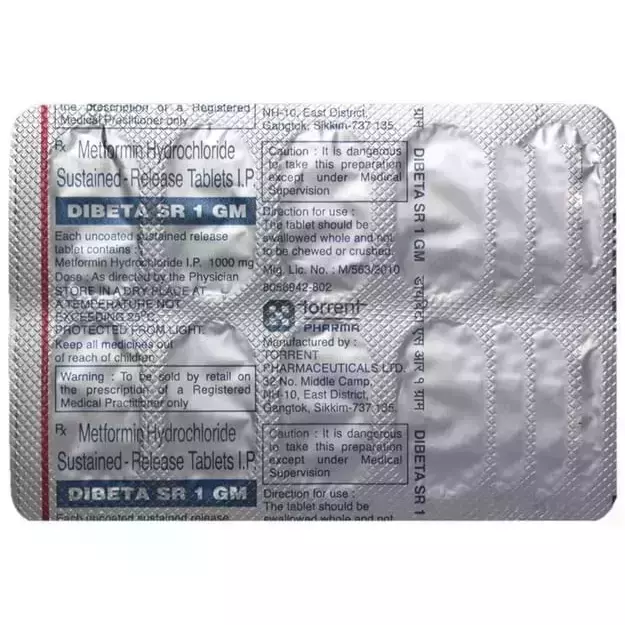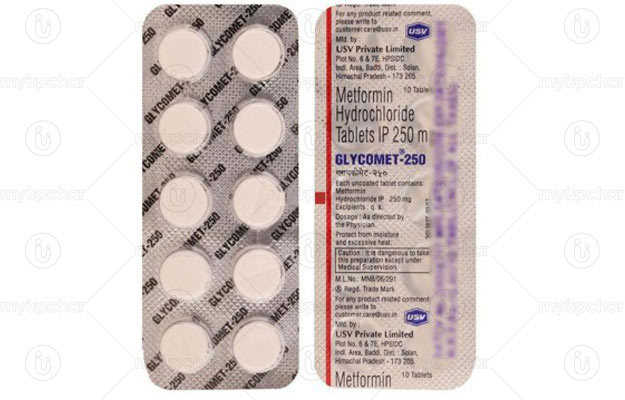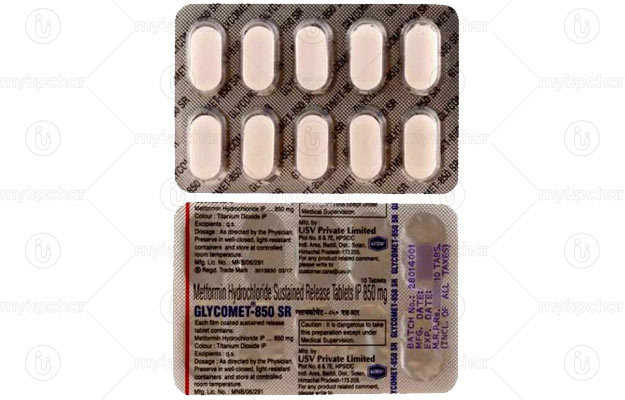Dibeta Tablet is a commercial drug that is prescribed in the form of Tablet. It is primarily used for the treatment of Diabetes.
The correct dosage of Dibeta Tablet depends on the patient's age, gender, and medical history. Individual symptoms and route of administration also determines the right dosage. Detailed information has been provided in the dosage section.
The most common side effects of Dibeta Tablet are Stomach Upset, Difficulty urinating. Besides the aforementioned side effects, there are other adverse effects of Dibeta Tablet as well, which are listed below. Usually, these side effects of Dibeta Tablet go away soon, and do not persist beyond the duration of the treatment. Consult your doctor if these side effects become worse or stay for a longer duration.
Dibeta Tablet's effect during pregnancy is Mild and Moderate while nursing. In addition, Dibeta Tablet's effects on the liver, heart and kidney are discussed below in the Dibeta Tablet related warnings section.
Dibeta Tablet can cause adverse effects in certain medical conditions. It is strongly recommended to avoid Dibeta Tablet in conditions like Congestive Heart Failure (CHF), Anemia, Shock. The section on Dibeta Tablet contraindications lists all such conditions.
Drug reaction of Dibeta Tablet with other medicines has been reported. See below for a complete list.
In addition to the above precautions for Dibeta Tablet, it is important to know that it is safe while driving, and is habit-forming.
X




























